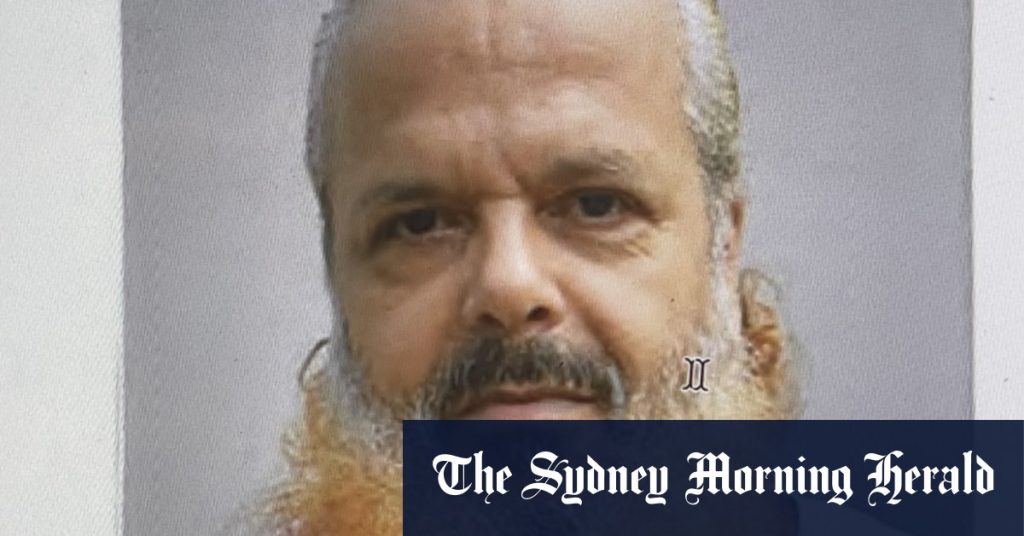Abdul Nacer Benbrika, also known as Nacer, was kept in custody after his prison term ended due to being deemed an ongoing risk to national security. This decision was based on the findings of a VERA-2R report, which assesses the threat posed by extremists upon their release from prison. However, the validity of this assessment has come into question following a report by Dr Emily Corner, which found that the assessment was not able to accurately predict a person’s risk. The government failed to disclose Corner’s report and four other critical reports to Benbrika’s defense team, leading to a judge ruling that he should remain in custody for another three years.
Benbrika, an Algerian grandfather, was convicted in 2009 of directing a terrorist organization and being the spiritual leader of a terror cell in Melbourne and Sydney. His group planned attacks in Australia in response to the government’s involvement in Iraq and Afghanistan, although no attacks were carried out. Benbrika has expressed a desire for fairness in Australia’s legal system and hopes for transparency in his case. His continued detention has raised political and legal issues for the Commonwealth.
The Attorney-General at the time, Richard Dreyfus, stated that the High Risk Terrorist Offender scheme was set up by the former Coalition government. The former watchdog for Australia’s national security laws, Grant Donaldson, criticized the government’s treatment of Benbrika and called for an inquiry into the withholding of crucial evidence. The Australian Lawyers Alliance emphasized the importance of upholding the rule of law and ensuring fairness in legal proceedings, particularly when individual freedoms are at stake.
Justice Hollingworth specifically criticized a senior public servant, Stephen Webber, for his alleged disingenuous behavior in apologizing on behalf of the Department of Home Affairs. She referred the matter to the Independent National Security Legislation Monitor and highlighted the potential professional disciplinary consequences for lawyers within Home Affairs who failed to disclose essential information. Benbrika’s legal team, including Isabelle Skaburskis, has expressed concerns about the impact of the Continuing Detention Order legislation on individuals and their families.
Despite the circumstances, Hollingworth ordered Benbrika’s release into the community with several conditions, including a curfew, a specific residential address requirement, engagement in psychological treatment, and participation in de-radicalization programs. Benbrika is currently living in the community under these conditions after spending years in custody. The case of Abdul Nacer Benbrika has shed light on issues surrounding terrorist risk assessments, legal transparency, and the protection of individual rights in Australia’s legal system.


